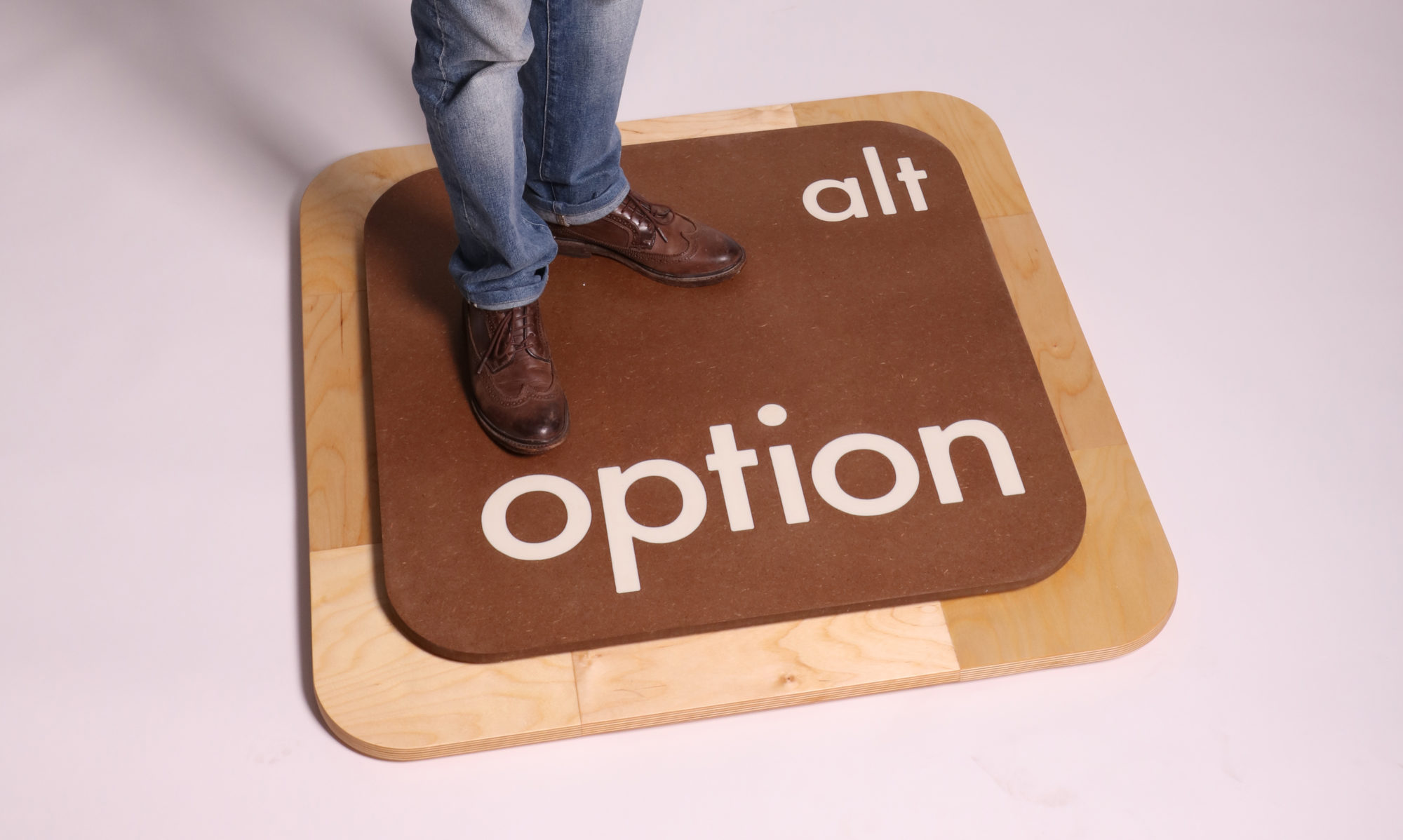Player 1:
Set 1:
1. What was the most frustrating moment or aspect of what you just played? The most frustrating part was dealing with climate events like storms and droughts, which often felt like setbacks that couldn’t be avoided, especially when players were making good progress with their cities.
2. What was your favorite moment or aspect of what you just played? My favorite part was watching my city evolve as I built renewable energy sources and expanded public transportation. Seeing the sustainability score go up felt very rewarding!
3. Was there anything you wanted to do that you couldn’t? I wanted to be able to more directly influence or predict the Climate Event Cards, but they were too random, which made it hard to plan effectively.
4. If you had a magic wand to wave, and you could change, add, or remove anything from the experience, what would it be? I’d love to have more control over how I deal with climate events, or at least some kind of strategy to mitigate their effects before they hit.
5. What should be improved with the next version? The randomness of climate events could be balanced by giving players more opportunities to prepare or influence the event outcomes. A warning system or mitigation strategies would help.
6. What was the game’s message? The game’s message is about balancing growth with sustainability—how to build a thriving city while managing resources and tackling environmental challenges.
7. Describe the game in 3 words: Eco-friendly, strategic, challenging
Player 2:
1. What was the most frustrating moment or aspect of what you just played? The economic crises were particularly frustrating because they severely reduced resources when my city was just starting to stabilize, making it hard to recover.
2. What was your favorite moment or aspect of what you just played? My favorite moment was when I successfully managed waste and energy, and I saw my sustainability milestones getting closer. It felt like a huge accomplishment!
3. Was there anything you wanted to do that you couldn’t? I wanted to upgrade my city’s infrastructure quicker, but the resources were too tight. If I had a few more resources, I could’ve expanded faster.
4. If you had a magic wand to wave, and you could change, add, or remove anything from the experience, what would it be? I’d remove or reduce the impact of economic crises, or at least give more ways to prepare for them. They feel like a big, unexpected roadblock.
5. What should be improved with the next version? The challenge tokens could be tweaked to make them feel less like random setbacks and more like manageable obstacles that players can plan for.
6. What was the game’s message? The game emphasizes long-term planning for sustainability, showing how decisions about energy, waste, and public transportation can build a more eco-friendly future.
7. Describe the game in 3 words: Strategic, eco-friendly, rewarding
Player 3:
What was the most frustrating moment or aspect of what you just played? The most frustrating part was dealing with population growth—it felt like I had no control over it, and suddenly, I had too many people, leading to waste problems I couldn’t fix quickly enough.
2. What was your favorite moment or aspect of what you just played? I loved building green spaces. Watching my city’s parks and community gardens flourish made me feel like I was really helping the environment.
3. Was there anything you wanted to do that you couldn’t? I wanted to build more renewable energy sources, but I couldn’t afford them after some early-game mistakes. It felt like I couldn’t recover in time.
4. If you had a magic wand to wave, and you could change, add, or remove anything from the experience, what would it be? I would add a savings system that lets players set aside resources to handle future crises or events, like saving up for renewable energy upgrades.
5. What should be improved with the next version? The population management system could be adjusted so that players have more control over growth, or at least some warning so they can prepare for the challenges that come with it.
6. What was the game’s message? The message is that sustainable development requires planning and balance—you can’t just grow a city without considering its environmental impact.
7. Describe the game in 3 words: Eco-conscious, engaging, challenging
Player 4:
1. What was the most frustrating moment or aspect of what you just played? The most frustrating aspect was managing waste—it built up so quickly, especially after a few rounds of climate events, and it felt like I couldn’t keep up with the growing demands.
2. What was your favorite moment or aspect of what you just played? My favorite moment was when I hit a sustainability milestone, like reducing carbon emissions or creating a lot of green spaces. It felt rewarding to see the long-term payoff.
3. Was there anything you wanted to do that you couldn’t? I wanted to expand faster by building more infrastructure, but I didn’t have enough resources to do everything I wanted. I had to pick and choose, which felt limiting at times.
4. If you had a magic wand to wave, and you could change, add, or remove anything from the experience, what would it be? I’d give players more flexibility in planning and fewer penalties for things like population growth. It would make the game feel less punishing.
5. What should be improved with the next version? More control over the randomness of climate events would be nice. Adding some mechanics where players could at least partially prepare for them could make the game feel more fair and balanced.
6. What was the game’s message? The game shows that sustainability is a balance of progress and environmental care. You need to grow a city responsibly, considering its resources and impact on the environment.
7. Describe the game in 3 words: Challenging, eco-friendly, strategic
